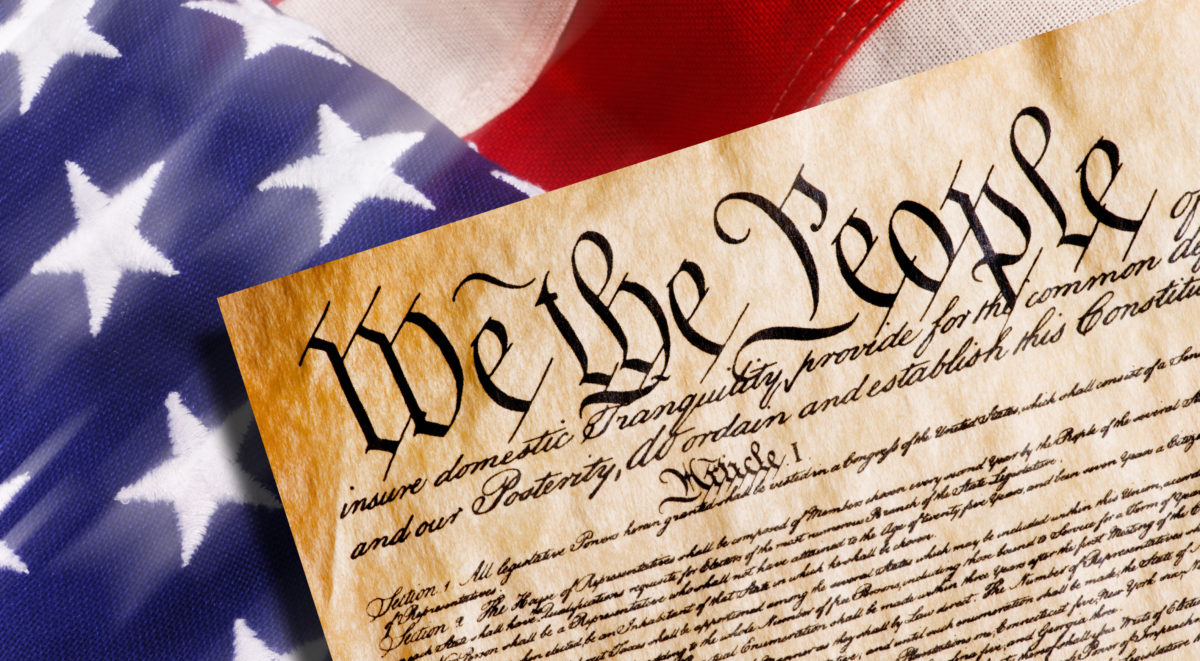The Bottom Line Double Down on Civics Education
How do we expect children to be productive citizens if they do not understand the reason, the importance, and the necessity of a properly-functioning republic? My experience is a case in point. When I was going through the K-12 public school system, I took one, yes one, course on the American Government. It was not required; I had to choose it as an elective.
Don Nielsen, program chair to the American Center for Transforming Education, highlights one of the root causes of this deficiency in his book Every School: “Unfortunately, many believe our schools will improve with the more rigorous standards and that was one of the drivers for the development of the Common Core. But, poor performing schools, like poor performing businesses, need much more than standards or a budget in order to improve.”
The Common Core is a set of academic standards in mathematics and English language arts/literacy (ELA)—i.e. what a student should know and be able to do at the end of each grade. The standards were fashioned to ensure that all students graduate from high school with the skills necessary to succeed in college, career, and life. Pointing out the deficiencies already in place in the Common Core is not the end all be all, however—we must reform the reformed in order to produce productive citizens.
As Nielsen states, “The Common Core deals only with English/Language Arts and math. We need standards for the other core subjects like history, science, geography, etc.” We have lost sight of the need to educate our children beyond the traditional academic core. This has led to serious negative consequences in our nation. The evidence is inescapable. The focus is on teaching, not learning. Millions of kids walk away from school long before they graduate. Millions more stay, but disengage. About a half-trillion dollars a year are invested in education, but most adults remember little and make practical use of even less of what they once learned in thousands of hours of instruction.
The public seems to be increasingly aware of the deficiency in public education. In Politicians: The Worst Kind of people to Run the Government, Except for All the Others, author and Discovery Institute founder, Bruce Chapman, writes, “A survey by Discovery Institute suggests that the public, including young people, agree overwhelmingly that ‘American students are (not) being taught enough about American history and government.’” The survey showed that 83 percent of the general public holds that view. Among the younger generation (those who are newly introduced to the government interactions, ages 18-29), 71 percent also concur.
Early American leaders understood paramount importance of conveying to young people what it means to be a citizen. As Thomas Jefferson asserted, “A democratic republic could succeed only if the people as a whole were knowledgeable about the institutions of self-government and participated in them.”
Chapman believes that “elected and appointed officials should make sure that the full story of American representative democracy is again taught in common schools and state-support colleges.” Schools “should examine the moral nature of citizenship and practical politics, as well as government structure and supposedly scientific methods of scholarship in politics.” In short, Chapman is calling for a “grounding in political philosophy, political and economic history, and political practice.”
Nielsen agrees that “they [students] should take a course on civics to grasp the structure and function of government.” This will aid in the process of “total development” of our children. He summarized, “[This is] about teaching children how to live a happy and healthy life, as a productive citizen, in the twenty-first century.”
We must make civics a priority once again.


